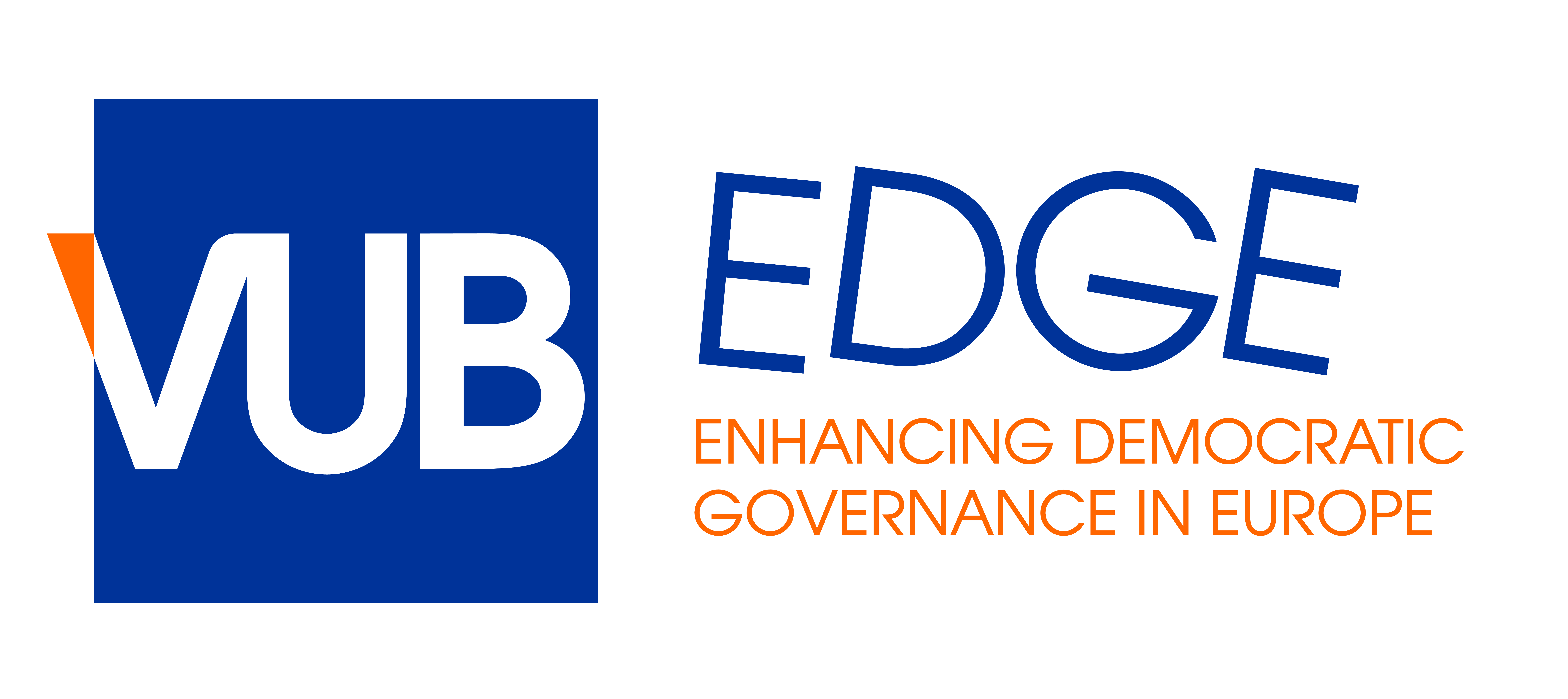
I analysed the experiences of female early career researchers on the intersection of gender and ethnicity in their academic workplace. Here is a summary of the main research findings, involving five Belgian public universities.
by Dounia Bourabain
Higher education has gone through some major transformations in the past decade. The needs of the post-industrial labor market and the ‘68 student movements led to a change in both size and composition of the academic landscape. While universities were originally built to prepare the male elite for key positions in society, the massification of higher education brought changes in gender, ethnic and class composition. Especially regarding gender, the imbalance has reversed in most European and Anglo-Saxon countries. With a percentage of 53% in the EU-28 women are in the majority as students in tertiary education. Although the student population is diversifying, higher education fails in diversifying its faculty.
Based on 50 in-depth interviews, my research investigates the experiences of both women from the ethnic majority (EMAW) and minority group (EMIW) working at five Belgian public universities.
Prominent research streams on inequality in academia are constituted along the lines of gender and race. From a macro-perspective, research looks at how female academics’ careers are impeded due to structural barriers, investigating the “leaky pipeline” and “glass ceiling”. The leaky pipeline literature discusses the decreasing presence of women in higher academic levels due to barriers in terms of recruitment, but also the unstable employment positions, which in turn decreases the opportunity of an academic career.
From a micro-perspective, research focuses on the “chilly climate”, which refers to a range of inequitable treatments that generate low levels of work satisfaction and feelings of unhappiness within the work environment. Both streams originally neglected the influence of race, predominantly studying the position of white women. As a response, a research field opened up to study the presence or absence of Afro-American female faculty in the US and Black Ethnic Minority (BME) faculty in the UK.
I study the experiences of women with sexism and gendered racism in the academic workplace from an intersectional perspective. Taking both groups into account (EMAW and EMIW) allows for drawing parallels between sexism and racism. Through a deeper understanding of sexism experienced by both groups, I identify the racialization processes on sexism that create unique forms of inequality for EMIW.
The findings suggest that everyday racism and sexism is produced, reproduced and transmitted in four different but interrelated forms in the academic workplace:
- Everyday racism and sexism is maintained and reinforced within a climate in which an equality-discourse predominates merely as a smokescreen that consequently induces legitimized sexist and gendered racist practices.
- These practices are cloning through formal and informal exclusionary dyanmics that hinder women’s participation in the everyday workplace.
- Women experience different forms of patronized practices in which they are undervalued as a person and/or scientist.
- Paternalism entails disguised problematization of women pressuring them into assimilating to the expected norm but simultaneously penalized for the mismatch between their gender identity and professional identity through monitoring-measures.
Smokescreen of equality is experienced in a paradoxical climate in which substantial attention is paid to the construction of an inclusive academia, but does not do so effectively. Most women reported disappointment towards these diversity policies. Although many universities have diversity offices and policies established, respondents describe how these are merely an instrument for window-dressing. They indicate how filing a complaint at the office for harassment has not been dealt with properly, and instead feel like official offices suppressed their experiences.
Not only the official offices suppressed women’s experiences, colleagues -both male and female - expressed their denial through victim-blaming. EMIW experienced this smokescreen of equality in the form of tokenism. Their universities put them in the spotlight, not for their academic excellence or achievements, but to have a ‘dash of color’. These women are approached to be a public figure for their university. Their hypervisibility is a tool to measure the university’s success in terms of inclusivity.
Everyday cloning are explicit ways in which women are excluded from academic tasks and opportunities that increase the chance of an academic career. The most discussed mechanism of formal and informal exclusion is being a mother in academia. Many women indicated being “punished” for having children. On the one hand, because having a child is looked down upon and disapproved. It is perceived to be incompatible with being an ambitious and productive academic. On the other hand, they are ‘already’ punished because having a child plays in their disadvantage as an academic as they will not have the same amount of time nor energy to publish as fast, to attend events and network as other childless colleagues.
The question, however, is why do they get excluded? What the results capture is how the ideal academic identity is maintained through the practice of cloning. (Cultural) cloning is a dynamic that influences supervisors in looking for someone alike and strongly determines recruitment practices. An institution and its agents will be more likely to choose candidates that are “familiar”. Supervisors advantage someone that looks like them because of the perception that they can better estimate their research abilities and further career.
Patronization mechanisms are defined as the undervaluation of women’s presence and work by key constituents. This mostly happens in the form of being invisible and “mistakenly identified” for a non-academic. In addition, their work is often downplayed as the result of ‘luck’ or ‘help of others’. A predominant way to downplay women’s capacities is using the smokescreen of equality by presuming their presence in academia as the result of gender policies.
Paternalism is a process in which primarily superiors, but also those who perceive themselves as an authority figure, intent to control the subordinates in an oppressive and repressive way. While most women experience paternalism through ‘mansplaining’, EMIW reveal another layer. They experienced micro-management in terms of physical appearances, behavior and work. Their gender-identity in light of their ethnicity brings up particular stereotypes and expectations regarding their behavior. These women, who are perceived non-western and oriental are stereotyped as submissive in the household and, therefore, expected to be obedient to supervisors in the work environment.
THESE RESULTS SHOW that diversity and gender policies need to take on a different perspective. Next to structural efforts, policy should also target the micro-climates such as the workplace. Women are often set back in the everyday workplace during individual interactions with peers or superiors. In addition, hiring women does not automatically bring an inclusive climate.
Most equality-policies still strictly focus on tools and measures that are quantifiable. They work with ‘tick-the-box’ measures considering reaching equality as the presence of an increasing number of women and ethnic minorities. As Nirmal Puwar mentions, there is a difference between being present within a space and having the same rights to occupy the space. Therefore, instead of finding a way to “welcome” and “include” women of different ethnic backgrounds, the institution’s policies need to assure an equal workplace, in which women and men have equal opportunities, and both feel like they belong in academia.
- For more details on this research, please have a look at the published article “Everyday sexism and racism in the ivory tower. The experiences of female early career researchers on the intersection of gender and ethnicity in the academic workplace” published in Gender, Work and Organization.
- Dounia Bourabain is a PhD researcher at the VUB Department of Sociology and the Research Centre Gender, Diversity and Intersectionality (RHEA). She has obtained a grant from the EDGE Programme to conduct interviews in the context of her fieldwork.

Add new comment